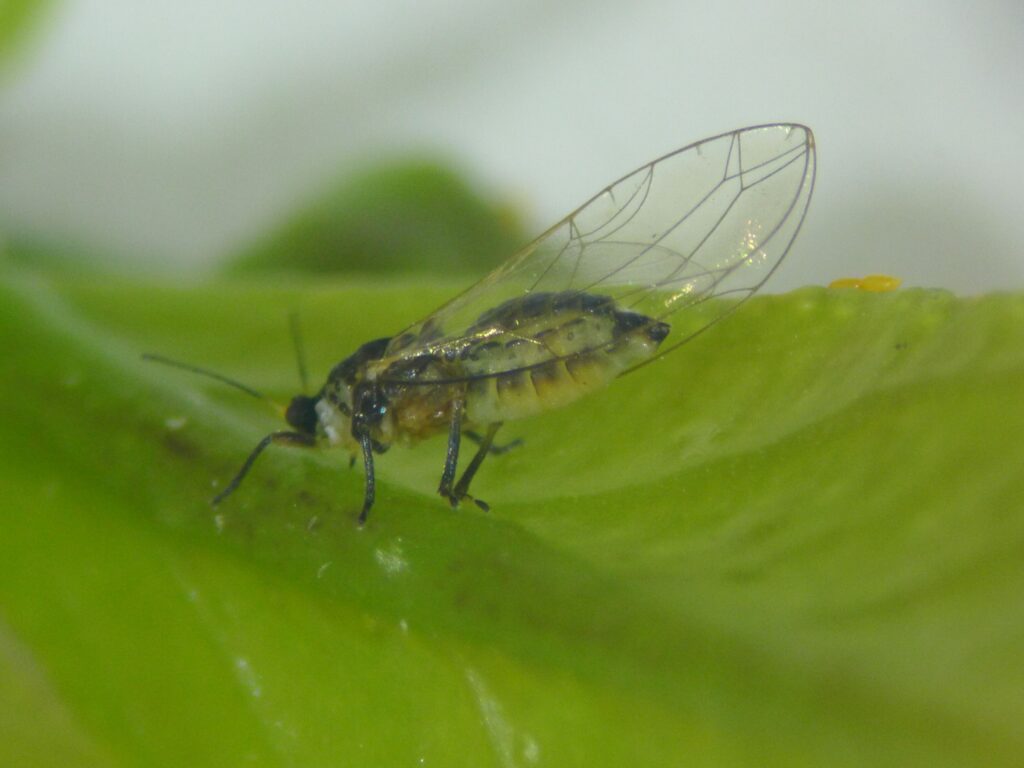African HLB vector spreads along the coast of Portugal, threatens Huelva citrus fruits

First detection of the HLB vector the African citrus psyllid occurred last year in the Portuguese citrus growing region of Algarve, Aljezur. One year later, the insect has colonized about 200 km of the Portuguese Atlantic coast further south and is already less than 120 km from the first plantations in Huelva, Ayamonte.
Since it was detected in Porto in 2015, the dreaded psyllid has spread without interruption along the entire coast of the neighboring country and has also colonized part of Galicia, Cantabria, Asturias and the Basque Country.
The seemingly unstoppable spread of the insect carrying the African strain of HLB or Huanglongbing -which is less virulent but equally harmful- was already confirmed by the last audit of the European Commission (EC) carried out in Portugal last November.
The report warned that the measures implemented by the neighboring country were "insufficient to eradicate, or even contain" the Trioza. In addition, the confirmation of the presence of another vector in Israel took authorities to "question the medium-term future of Spanish citriculture," according to Inmaculada Sanfeliu, president of the Citrus Management Committee (CGC).
In their report, DG Health and Food Safety officials had already criticized the "inability of the authorities to promote immediate measures to eradicate the pest in host plants in private gardens, unless the owners cooperate voluntarily" as well as "the lack of knowledge about the plots where the pest is present".
Knowing that T. erytreae has settled all along the coast of Algarve, which is the main citrus-growing area of the country with 370,000 tons of production, it is not difficult to intuit that the insect will now advance inland towards Huelva.
According to a study prepared by the CGC itself, Spanish citriculture could be halved in seven years and could disappear in less than 15 years if the HLB bacteria finally arrived.
The association now insists on the need for the EC to strengthen border controls to the extreme, both for produce ports and passenger ports, which can also carry infected plant material.
The entity is currently calling for an urgent review of the Community strategy on synthetic products, according to the latest proposal for a regulation on the sustainable use of plant protection products. This would involve its prohibition in large areas dedicated to citrus production.
"Biological control, as accredited by the results obtained by the parasitoid Tamarixia dryi in the Canary Islands or Galicia, works and gets results against Trioza but, as shown by the situation in Portugal, it is not enough. Faced with the worst disease, we need to have all the weapons at our disposal," says CGC president Inmaculada Sanfeliu.









































